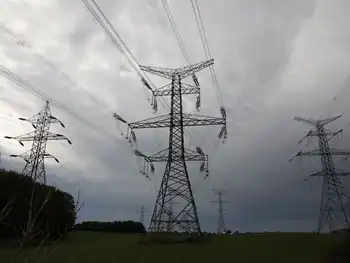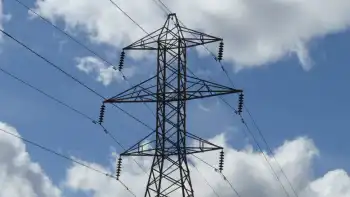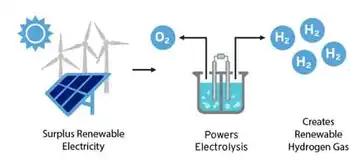DNR eyes rules to cut mercury emissions
Gov. Jim Doyle, a Democrat, asked the DNR during his re-election campaign last year to develop rules requiring coal-fired power plants to cut their emissions of mercury by 90 percent by 2018. The DNR had been aiming to cut mercury emissions by 80 percent by that time.
Its new regulations call for Wisconsin to bow out of a national program that would let utilities buy their way out of having to reduce emissions.
Wisconsin Manufacturers & Commerce, the state's largest business group, said the new regulations will increase electric rates and make the state less competitive.
"I can guarantee you that China isn't going to do this," said Scott Manley, the group's director of environmental policy.
A spokesman for WE Energies, the state's largest electric utility, said it had not yet reviewed the new regulations.
Environmental, fishing and hunting groups have pushed for stricter regulations because of concerns about mercury in fish. Wisconsin has a statewide fish consumption advisory telling consumers - particularly children and women who may have children - to limit the amount of fish they eat because of mercury contamination.
The Natural Resources Board will review the new regulations on March 28. The rules also would need approval from the state Legislature, where they will likely face opposition in the Republican-controlled Assembly.
Related News

COVID-19 closures: It's as if Ottawa has fallen off the electricity grid
OTTAWA - It’s as if the COVID-19 epidemic had tripped a circuit breaker, shutting off all power to a city the size of Ottawa.
Virus-induced restrictions that have shut down large swaths of normal commercial life across Canada has led to a noticeable drop in demand for power in Ontario, insiders said on Friday.
Terry Young, vice-president with the Independent Electricity System Operator, said planning was underway for further declines in usage, given the delicate balance that needs to be maintained between supply and demand.
“We’re now seeing demand that is running about 1,000 to 2,000 megawatts less than we would normally see,”…





